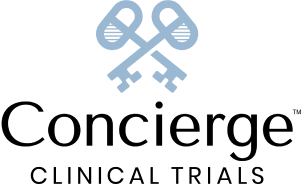Neurodegeneration resulting in Alzheimer’s disease (AD) is the main type of dementia encountered and is a crisis not only for the patient and family but also for society [1]. Currently approved therapies provide only modest symptomatic improvement but fail to halt the unrelenting progression of the disease [2]. Research into the mechanisms underlying AD has been painfully slow. Although research has revealed a complex pathogenesis, it has nonetheless consistently pointed to abnormalities in amyloid and tau processing, giving hope that disease-modifying agents (DMAs) that affect these proteins may be on the horizon, which can halt the progression of neurodegeneration. To date, clinical trials with DMAs have failed to show consistent results but have also spurred the refinement of new agents and a critical examination of study processes, with a focus on early AD subtypes which may show better therapeutic response to DMA interventions. While it is a Herculean task to develop new therapies, it is also now clear that attention to patient selection and study design are also critical to demonstrating their potential. This chapter reviews the critical role that a contract research organization (CRO) plays in optimizing the promise of new therapeutics. Latephase AD clinical trials are lengthy (typically 6–18 months), expensive, and require extensive expertise on all fronts, from protocol design to selection of psychometric assessments, multiple choices of imaging technologies, relevant biomarkers, patient recruitment and retention, and relationships with established investigators and regulatory bodies, often on a global basis. Certainly, many small to medium biotechnology companies will be lacking in such expertise, but even large pharmaceutical companies may not have all the tools available at their disposal. A scientifically and medically oriented CRO having both extensive hands-on AD experience as well as applicable expertise can work seamlessly with any size of pharmaceutical company (hereafter termed the sponsor) to execute a nuanced and complex protocol and effectively fulfill the promise of novel AD therapeutics by placing the drug in the experimental milieu that optimizes the chances of success. A good CRO will speed efficiency in trial conduct, such as speed of enrollment, without sacrificing quality, and it will measurably enhance signal detection by careful adherence to well-thought-out study methodology, conduct, and oversight, particularly in regard to valuable neuropsychological outcome measures.

News & Resources
The Role of the Contract Research Organization in Alzheimer’s Disease: The Vital Link in the Clinical Drug Development Program
Read on

